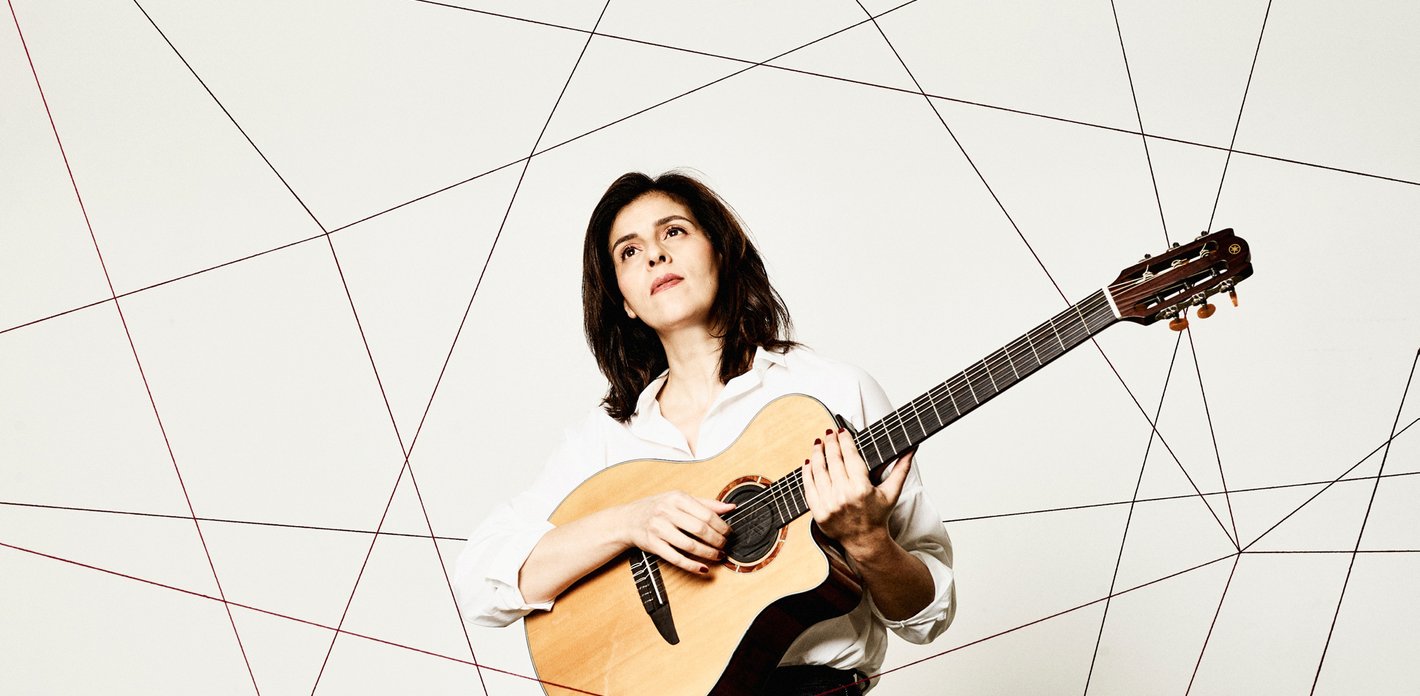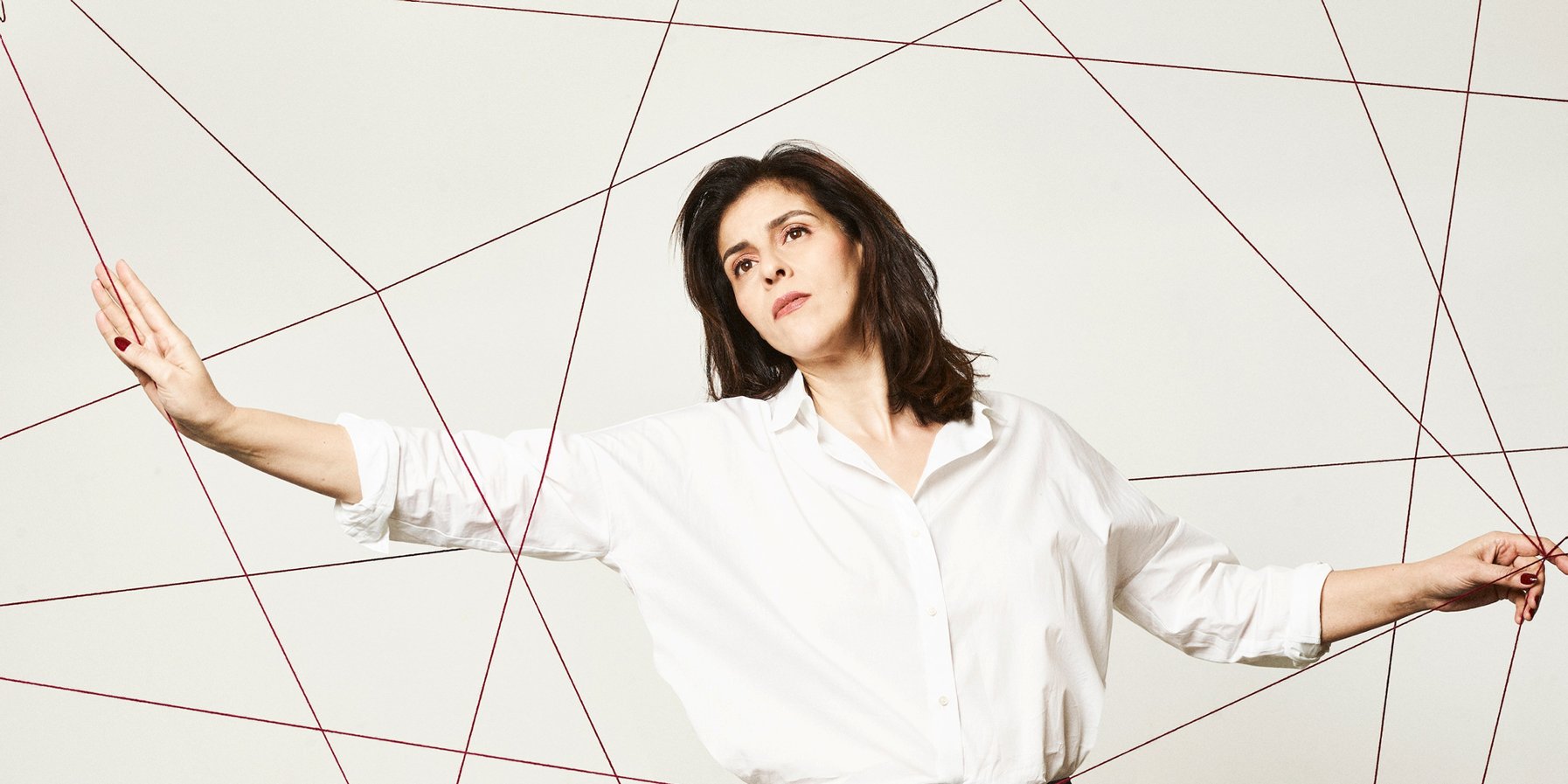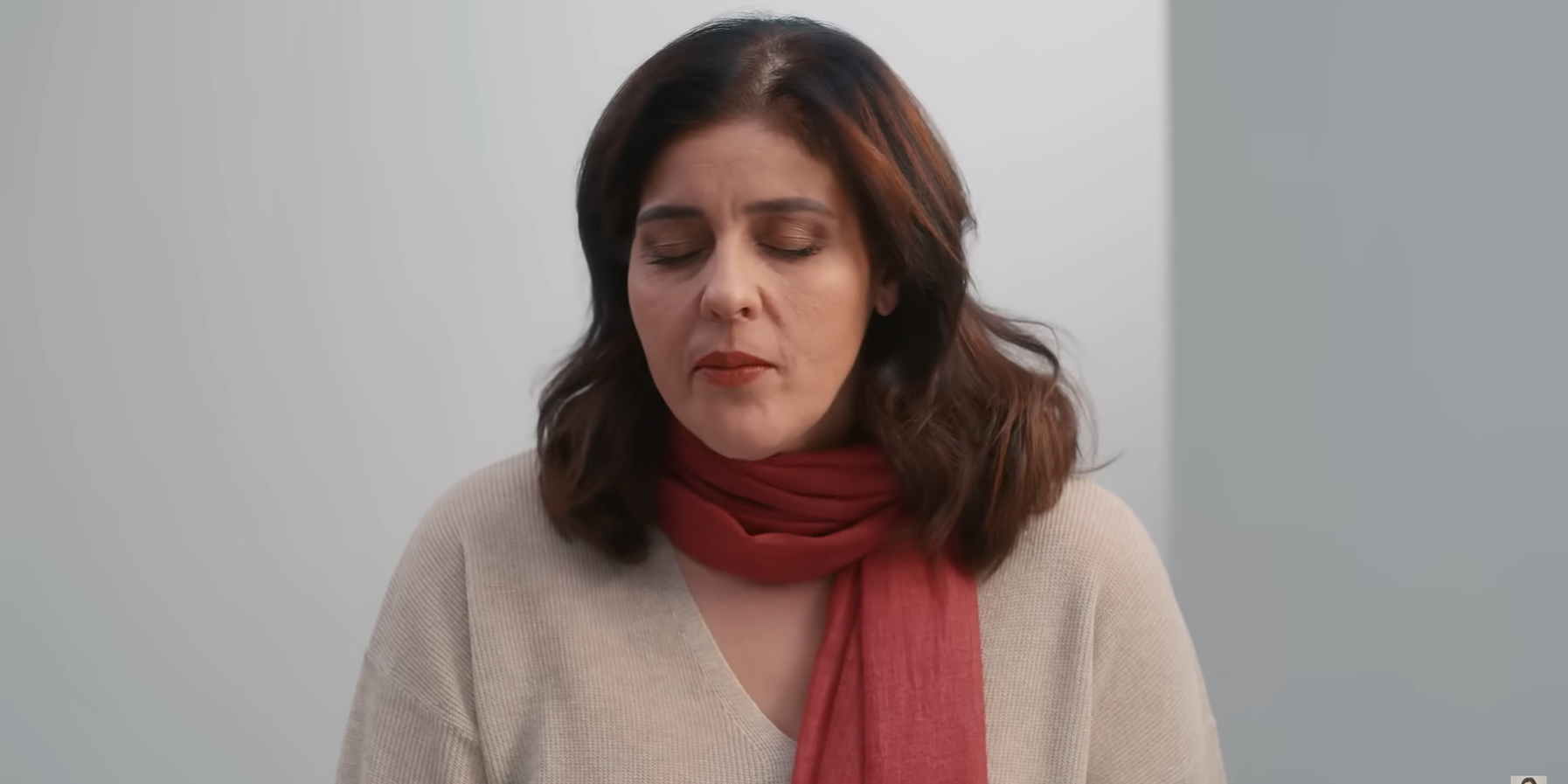By Stefan Franzen
What do Europeans associate with the term »Arabic song«? Surely many of us who have a soft spot for Oriental sounds think first of the unique vocal art of Egyptian singer Oum Kalthoum (1904-1975). For decades, she enticed millions of listeners to their radios every evening. One of her »songs« could last as long as an hour, with Kalthoum singing in rich metaphors about love (mostly futile or failed), accompanied by opulent, melismatic orchestral sounds contributed by producer Mohamed Abdel Wahab.
Or we think of the Lebanese singer Fairuz (born in 1934), who helped shape the glamourous image of Beirut as the »Paris of the Middle East« before the civil war in the 1960s. Together with her composer-producer duo the Rahbani brothers, the Syrian Orthodox Christian opened up Arabic song to influences from the West. They created a variety of musicals, some of which were socially critical, and played with the influence of folk music, Latin and jazz.
modern Arabic chanson
Later, the wild, boisterous Raï from Algeria dominated the image of Arabic music in our latitudes, dominated by the »Chebs«, »guys« like Khaled and Mami. And then, at the end of the nineties, Souad Massi suddenly appeared on the scene and revived Arabic song with a completely new face. One that was cosmopolitan, that embraced the French chanson and Anglo-American folk, and took an interest in flamenco rhythms from Andalusia and rumba from Central Africa. Also new were the lyrics, which replaced heartache clichés and romanticising with the real emotional nuances of a woman's soul.

»In one of my songs, I compare Algeria to a beautiful woman who is tied up and nobody listens to her,« says Souad Massi. She is familiar with the experience. Born in 1972 in Bab El-Oued, a working-class suburb of Algiers, into a poor family of seven children, she grew up with the local Chaâbi, a style of pop music with Berber and Arabic influences, as well as with Western rock music. At the same time, she was fascinated by flamenco. She became Algeria's first Heavy Metal singer - and this was where the problems began in a society infiltrated by fundamentalists. Massi received death threats on the phone, and after a curfew was imposed during the civil war that broke out in 1991, it became impossible for the band to rehearse. She spent the next few years in a frustrating job as an urban planner, and it was only an invitation to appear at the Parisian »Femmes d'Algérie« festival in 1999 that brought her back to music.
Today Souad Massi, whose ancestors belonged to the Kabyle Berbers from the North Algerian part of the Atlas Mountains, is one of the most important interpreters of modern Arabic song. Living in exile in France, she carved out her own niche in this genre with her early albums »Raoui« and »Deb« at the beginning of the millennium. There are hardly any lush string orchestras or arabesque ornaments to be heard here. Instead, she mixes her beloved flamenco, chanson and folk into her style. There are also moments adopted from the sugary easy listening of Cape Verdean morna and Congolese rumba. Massi teamed up early on with star producer Jean Lamoot, who also worked with French rock heroes Noir Désir, and sang duets with chansonnier Francis Cabrel and pop icon Paul Weller.
stories of exile and uprooting
Her folk flair has earned her comparisons with Joan Baez and Tracy Chapman, but her voice is softer, more melancholy; her lyrics, which she performs in Arabic, Kabyle and French, are rarely overtly political. Instead, she tells family stories against the backdrop of exile and uprooting, providing an insight into the upheavals of the world from her own personal perspective. For example, when she sings about the fate of an uprooted Algerian woman in the hustle and bustle of a foreign city, as in her wonderfully sad song »Yemma«. Or when she evokes the wistful memory of her grandfather's house in »Dar Dgedi«.
bathed in an abundance of beauty
But Massi also looks back at Arab history and sets centuries-old poetry to music. »I was so annoyed by the images associated with Arab culture,« she said on the release of her album “El Mutakallimûn« in 2015. »We are portrayed like animals today, but it was my ancestors who invented medicine.« In ancient verse, she discovered the opposite of the haut gout of terror and extremism prevalent in the media since 9/11. »Reading these poems, I found myself bathed in an abundance of beauty.« Her settings of the thousand-year-old poems of Al Mutanabbi and other poets of the old Arab Empire go straight to the heart.
On her next album »Oumniya« (2019), Souad Massi surprises once again: more politically than ever before, she attacks Algeria's oligarchy, which has ruined the country, and she speaks out against the practice of forced marriage, which remains common to this day.
Arabic colours, chanson and bossa nova
On her latest and tenth work to date, »Sequana« (2022), she remains true to herself, coupling Arabic colours with the flair of the chanson and folk guitar. This time, however, there is also a hint of bossa nova and even a touch of hard rock. Massi's voice has matured, which gives her melancholy songs even more depth, while the powerful ones are compellingly self-assured..
She closes her eyes with daisies on the cover of »Sequana«. At a time of sheer hatred between peoples and the rise of dictators and far-right parties, this may initially seem like escapism. But far from it: »My latest songs are about human relationships, about the unease of today's youth and people's sense of disorientation, and last but not least the dangers posed by totalitarian regimes that force people to take terrible risks to flee their country,« says Massi.
»Dessine-moi un pays« is dedicated to the Afghan people who have been abandoned by the West; the images of people clinging to aeroplanes were on her mind as she wrote the song. In the title track, she returns to the legend of the Gallo-Roman river goddess Sequana, who embodies the healing effect of water – in Massi's case, this can certainly be understood allegorically. In other pieces, she takes sides with young people who follow dubious role models in their everyday digital life. And in the dance-like »Une seule étoile«, she reminds us of some things that seem to have fallen by the wayside: humility towards nature, kindness towards neighbours. Last but definitely not least, one of these new songs is dedicated to an intrepid fellow artist and freedom fighter, the Chilean folk singer Víctor Jara, who was murdered more than 50 years ago.
A singer-songwriter without airs and graces that no marketing department could create: On stage, it is Souad Massi's disarming naturalness that captivates the audience. Tears may even flow on both sides. In her voice, which she embeds in a sextet led by her long-time accompanist, percussionist Rabah Khalfa, there is not only the magic of ever-present melancholy but also the power to heal wounds. Or, to use the motto that Souad Massi has inscribed on her current programme: »Your life is a rose. Water it and forget its thorns.«
This article appeared in the Elbphilharmonie magazine (Issue 1/25).
- Elbphilharmonie Großer Saal
»Sequana«
LivestreamPast Concert






